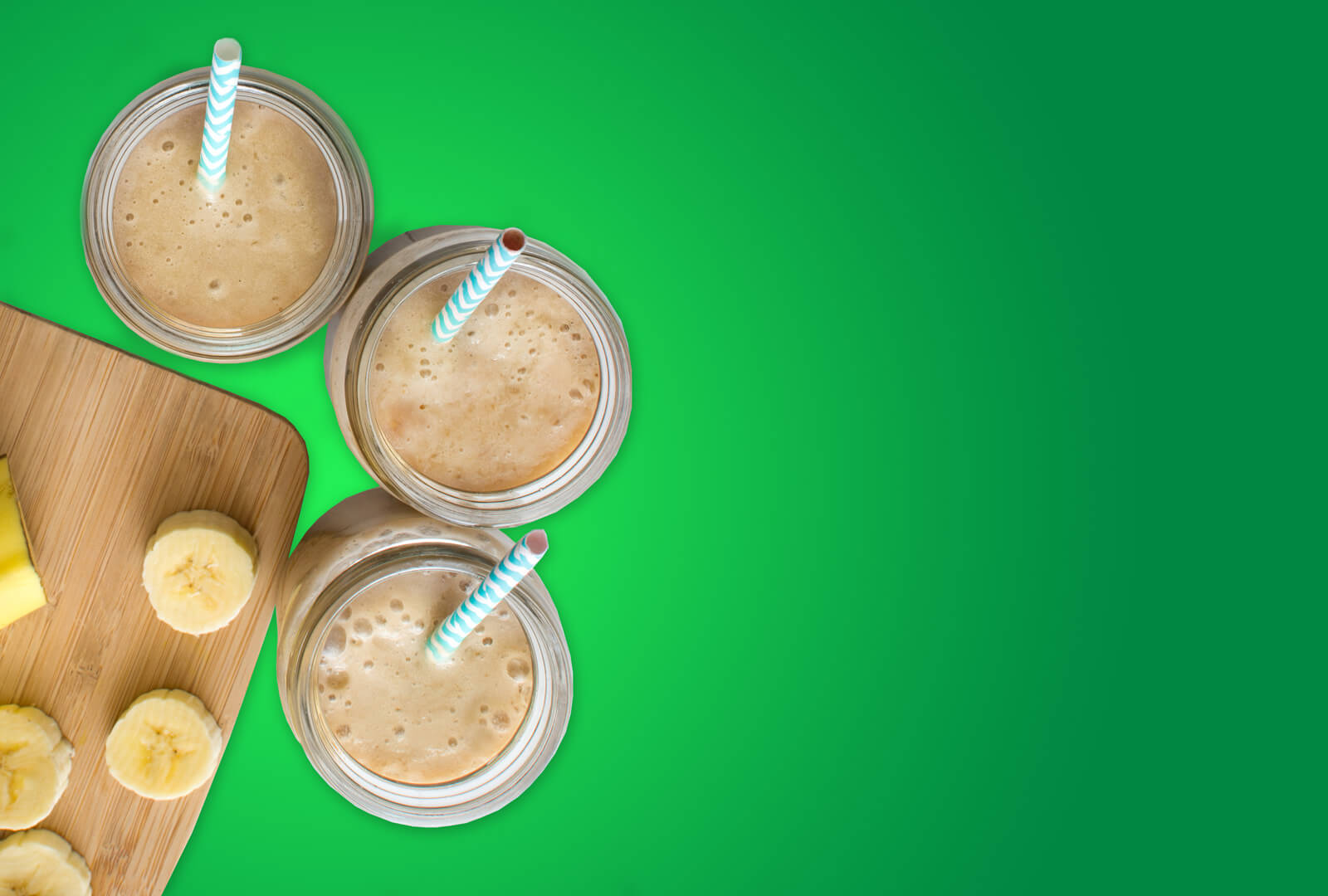Our bodies — organs, tissues, flesh, skin, hair and cells — are made of protein. To survive and thrive, we need to consume an adequate amount of protein to keep our bodies rebuilding and powering the chemical reactions that keep our systems functioning. The Health and Medicine division of the National Academies recommends that adults get a minimum of eight grams of protein for every twenty pounds of body weight per day (to put that into perspective, an egg has 13 grams of protein, and three ounces of ribeye steak has 20).
But what kind of protein should we eat? Does it make a difference if it comes in the form of meat, fish, dairy, plants or protein-infused performance beverages?
The short answers are yes — and no. Proteins from animal and plant sources are different in terms of their chemistry, completeness and absorption rate. But it’s possible, and even easy, to get all the protein nutrition you need from any of these sources — made easier by some recent innovations in plant and whey proteins.
“The basic difference in meat, dairy and plant proteins comes down to how many essential amino acids they supply,” says Francisco Parada-Rabell, Ph.D., a food scientist and director of beverage innovation at CytoSport, Inc. (formerly owned by Hormel Foods), which makes both whey and plant protein-based products, including powders, shakes and bars in the Muscle Milk and Evolve brands. These products provide healthy proteins for omnivores, vegetarians who eat milk products, or vegans who prefer pea protein.
Good For You Amino Acids
Amino acids are the building blocks of protein, and therefore of many functions in our bodies. When we digest protein, it breaks down into these amino acids, which then go to work repairing body tissues and performing critical functions. Of the 20 amino acids that make up proteins, nine of them are called “essential,” because, as Parada-Rabell says, “our body doesn’t produce them, so we have to get them from nature.” All types of protein contain amino acids, but only animal-derived protein (meat, dairy or eggs) is considered “complete protein,” supplying all those amino acids at once.
That doesn’t mean that meat proteins are better; remember, a juicy steak also delivers a lot of fat with its protein. What type of protein you eat depends on your lifestyle goals and preferences. For people who choose to eat little or no meat, it’s still easy to get the complete roster of amino acids you need in your diet. Plant proteins from seeds, legumes and vegetables may lack one or two essential amino acids, but they can be easily combined with other plant-based foods to complete the requisite amino acid set. Pairing peanut butter or almond butter with bread combines to make a complete protein, as does the combination of rice and beans.
Faster Assimilation Faster Recovery
Another difference between proteins, says Parada-Rabell, is how quickly they are assimilated into the body. Because of their chemical structures, milk proteins such as whey are more rapidly digested. “That means they help you recover lost tissue and muscle after a workout faster than other proteins found in nature,” he says. Pea protein, which is nearly a complete protein containing all nine essential amino acids, is also easily digestible and helps athletes recover and rebuild muscle after exercise.
Several years ago, vegetarians and vegans believed that you had to combine foods to create a complete protein at every meal. However, a published study from the International Review Journal on whether or not plant protein and animal proteins affect one’s risk of cardiovascular disease now shows that if you eat a variety of vegetarian or vegan foods throughout the day, you’ll easily get the amino acids you need even without being vigilant at every meal.
“The more variety in your diet,” says Parada-Rabell, “the better your nutrition.”
Your Ideal Protein Package
More important in thinking about what protein you eat is the package it comes in. That steak delivers a lot of fat, so if you’re looking for a leaner diet, it makes sense to substitute plant-based protein for some of your meals. If your doctor has told you to eat less sodium, you’re better off with lentils, eggs or tofu than prosciutto. Further, eating lean and plant-based proteins and fewer carbohydrates has also been linked with weight loss and good health. Studies cited by the Harvard T.H. Chan School of Public Health have shown that diets rich in lean meats and plant-based proteins can lower your risk of heart disease, diabetes, and breast cancer.
Note that proteins can also be responsible for food allergies, so if you have an allergy, such as to milk or shellfish, it’s important to seek out alternative sources of protein.
“We’re living in an exciting time now where the general trend is to eat healthier, and people are beginning to understand the importance of protein,” says Parada-Rabell. “It’s sometimes hard to find or incorporate protein throughout your day.”
So whether you’re working out, or just need something with protein on the go that tastes good, there are options available that help you achieve specific goals and get better nutrition.
